Stephen Lawrence murder: A timeline of how the story unfolded
- Published
As the 25th anniversary of the murder of teenager Stephen Lawrence approaches, his mother Doreen has suggested it is time for the police investigation to be closed.
It is one of the recent developments in the long-running story surrounding Stephen's murder in 1993.
Read the timeline to find out more about the case:

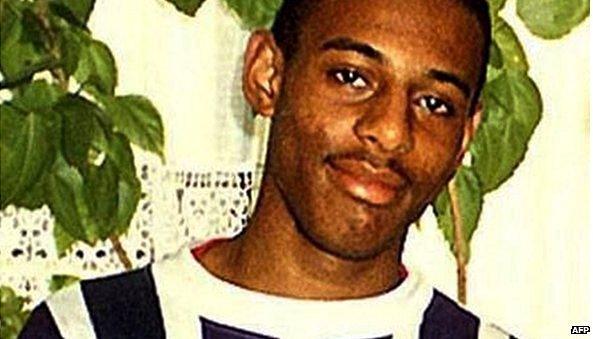
22 April 1993 - Stephen Lawrence murdered
The 18-year-old is stabbed to death, external in an unprovoked attack by a gang of white youths as he waits at a bus stop in Eltham, south-east London, with his friend Duwayne Brooks.

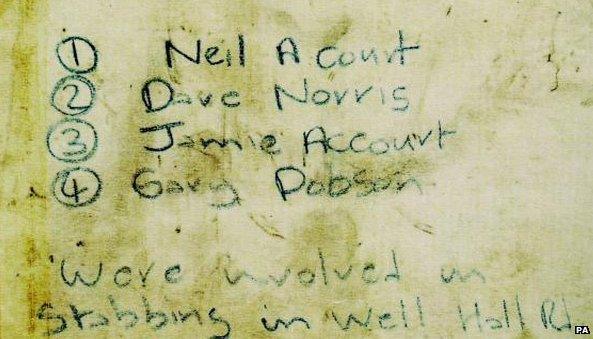
23 April 1993 - Suspects identified
The day after the murder, a letter giving the names of the suspects is left in a telephone box. Police surveillance begins on their homes four days later.

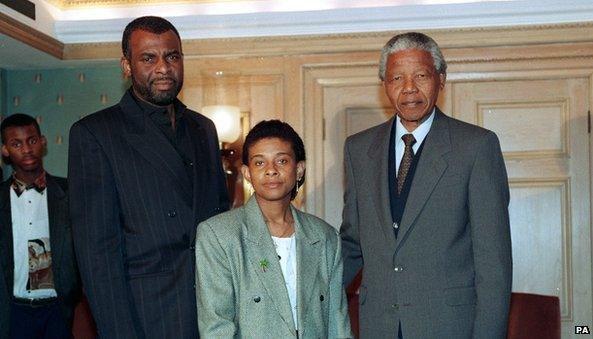
4 May 1993 - Family express frustrations
Stephen's family hold a press conference to complain not enough is being done to catch the killers. They meet Nelson Mandela two days later.

7 May-23 June 1993 - Suspects arrested and two charged
Police arrest brothers Neil and Jamie Acourt, David Norris, Gary Dobson and Luke Knight, and search their homes. Neil Acourt and Luke Knight are identified by Duwayne Brooks at ID parades as part of the gang responsible and the pair are charged with murder. They deny the charges.

29 July 1993 - Charges dropped
The CPS drops the prosecution as it says the ID evidence from Duwayne Brooks is unreliable.

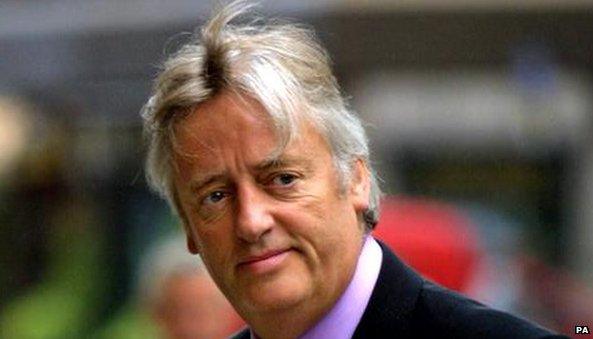
22 December 1993 - Inquest halted
The Southwark coroner, Sir Montague Levine, halts an inquest into Stephen's death after the family's barrister, Michael Mansfield QC, says there is "dramatic" new evidence.

April 1994 - CPS refuses to prosecute
There is insufficient evidence to bring charges based on the new evidence, which was believed to be the identification of further suspects - the CPS says.

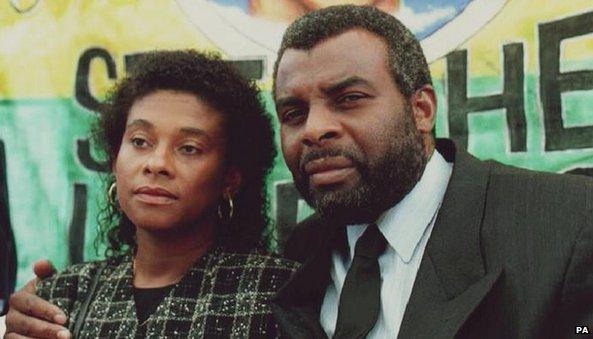
September 1994 - Private prosecution launched
Stephen's parents, Doreen and Neville Lawrence, launch a private prosecution against Gary Dobson, Luke Knight and Neil Acourt. All three deny the charges. A private prosecution is the same as a standard criminal trial but not brought by the CPS.

December 1994 - Police surveillance
Covert video shot over several days in Dobson's flat captures him and Norris using strong racist and violent language. Neil Acourt and Luke Knight are also caught on camera using violent and racist language.

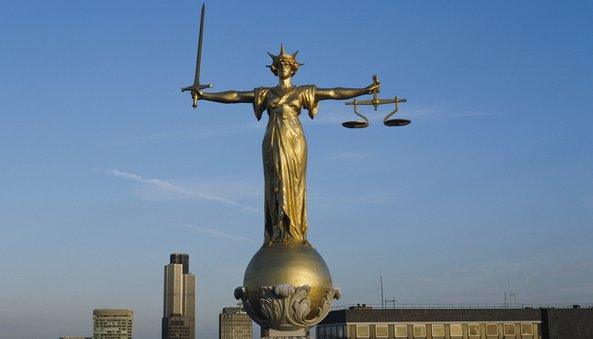
18-25 April 1996 - Private prosecution fails
The murder trial begins against Neil Acourt, Luke Knight and Gary Dobson at the Old Bailey. But the case collapses when Mr Justice Curtis rules that identification evidence from Brooks is inadmissible. All three are acquitted.

13 February 1997 - Inquest verdict
The inquest resumes and the five suspects refuse to answer questions. A verdict of unlawful killing "in a completely unprovoked racist attack by five youths" is delivered by Sir Montague.

14 February 1997 - Daily Mail front page
The Daily Mail newspaper uses its front page to name the five men it says killed Stephen Lawrence. It invites them to sue if it is wrong.

March 1997 - Police Complaints Authority investigation
The Kent Constabulary launches its probe into police conduct, which nine months later highlights "significant weaknesses, omissions and lost opportunities". But it says there is no evidence of racist conduct.

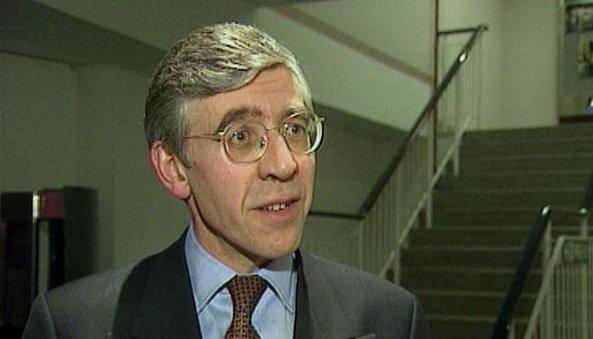
July 1997 - Public inquiry announced
Home Secretary Jack Straw says there will be a judicial inquiry into the killing and subsequent investigation - to identify lessons for police in dealing with racially motivated crimes. It will be chaired by Sir William Macpherson, a retired High Court judge.

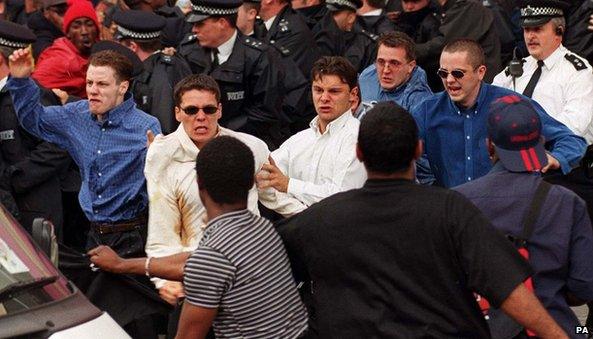
March 1998 - Inquiry opens
The five suspects are told to give evidence or face prosecution. In June, they appear and are pelted with bottles by protesters as they leave, after being accused of being evasive.

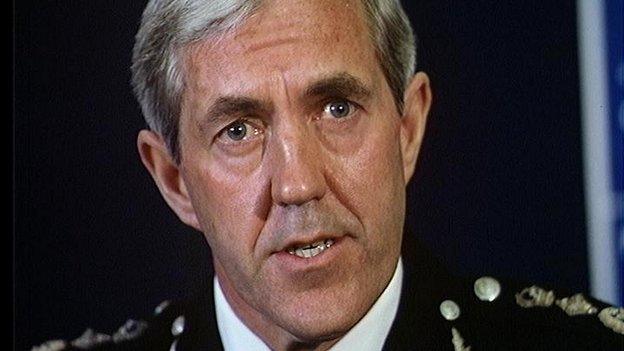
July 1998 - Police apology
The Lawrence family call on the Met Police Commissioner Sir Paul Condon to resign. He apologises to them when he appears in October, admitting there had been failures.

February 1999 - Macpherson report published
It accuses the Metropolitan Police of institutional racism and makes 70 recommendations, many aimed at improving police attitudes to racism. It also includes some proposals for changes in the law, including strengthening the Race Relations Act to try to clamp down on discrimination.

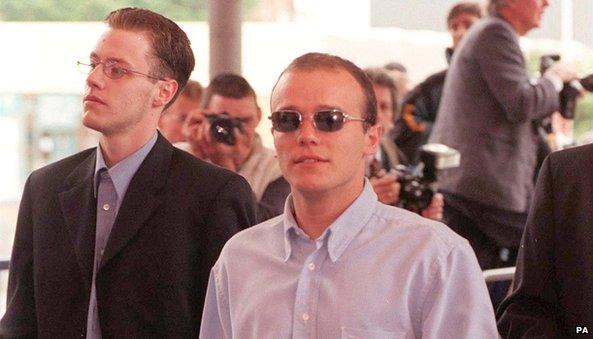
September 2002 - Norris jailed
David Norris and former suspect Neil Acourt (right) are jailed for 18 months for a racist attack on an off-duty police officer in Eltham in 2001. Norris, a passenger in a car driven by Acourt, threw a drink and shouted racist abuse at the black officer.

May 2004 - Trial ruled out
The CPS finally announces there is insufficient evidence to prosecute anyone for Stephen's murder following a review.

April 2005 - Double jeopardy scrapped
Government drops the legal principle which prevents suspects being tried twice for the same crime.

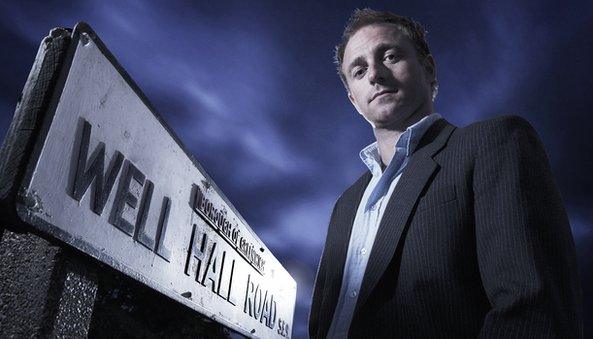
July 2006 - BBC documentary
A BBC documentary investigating the case raises fresh questions about the prime suspects, prompting the Metropolitan Police to review their evidence. In October 2007, the Independent Police Complaints Commission says it has found no evidence of wrong-doing by an officer as alleged in part of the documentary.

November 2007 - Forensics review
Police confirm they are investigating new forensic evidence in the case after a police review, staffed by 32 officers, was launched the previous summer. It examined evidence gathered at the time, looking at opportunities to use new technology to find leads.

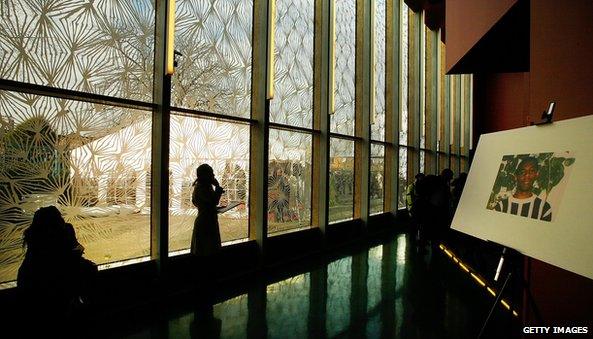
February 2008 - Memorial opens
Doreen Lawrence opens a £10m architecture centre in honour of her son. Two weeks later vandals smash its windows in a suspected racist attack.

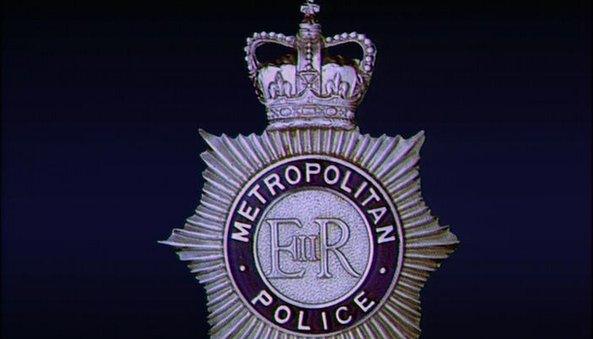
February 2009 - Report anniversary
Ten years on from the Macpherson inquiry, a report from a member of its panel, Dr Richard Stone, says the police have made significant progress in reforming but charges of racism remain. Justice Secretary Jack Straw says the Met is no longer institutionally racist, but Stephen's mother says police still fail black Britons.

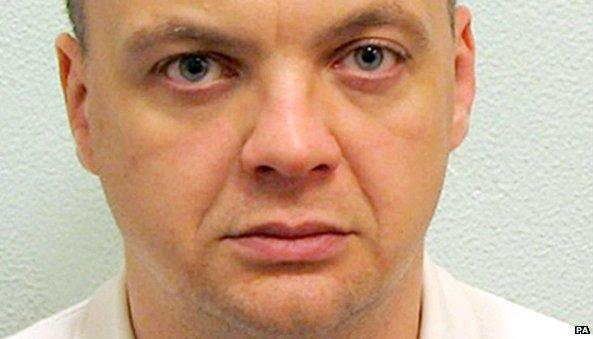
July 2010 - Dobson jailed
Gary Dobson starts a five-year jail term for supplying a class B drug after being caught during a sting by the Serious Organised Crime Agency (Soca).

May 2011 - Two to face trial
Gary Dobson and David Norris are to face trial over the murder of Stephen Lawrence following a review of forensic evidence. The Court of Appeal decides there is enough new and substantial evidence to allow Dobson's acquittal to be quashed. The pair had been charged the previous September.

November 2011 - Trial begins
The trial of Dobson and Norris begins at the Old Bailey. The jury hears that Stephen's DNA was found on the defendants' clothes.

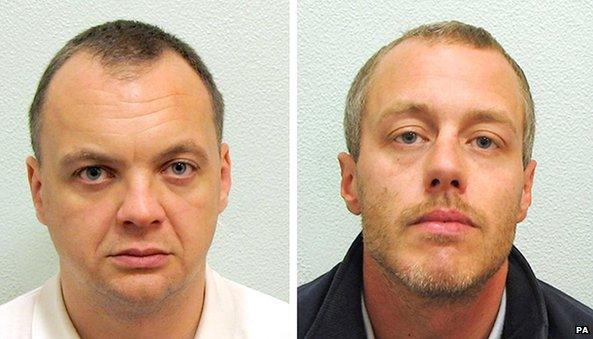
January 2012 - Guilty of murder
Dobson and Norris are both found guilty of murder at the end of a six-week trial into the death of Stephen Lawrence. During the trial, the court hears that microscopic evidence found on clothing belonging to the accused links them to the murder. The jury takes two-and-a-half days to reach its decision. Both men receive life sentences; Dobson is jailed for a minimum of 15 years and two months, Norris for 14 years and three months.

June 2013 - Former police officer 'spied' on Lawrence family
The prime minister calls for an immediate investigation into reports the police wanted to smear Stephen Lawrence's family. The Guardian claims former officer Peter Francis went under cover to infiltrate the family's campaign for justice in 1993. Mr Francis tells the paper and Channel 4's Dispatches programme he was looking for "disinformation" to use against those criticising the police.

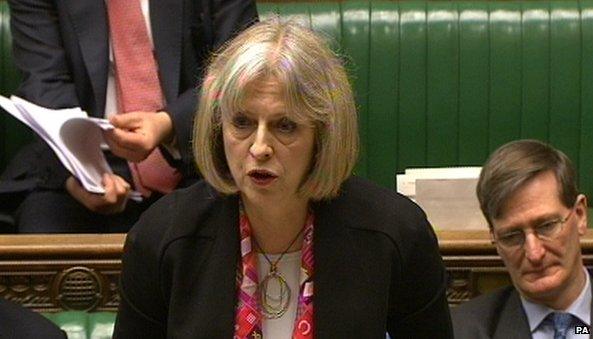
March 2014 - A new public inquiry
On a dramatic day of developments, a review into the original murder investigation - by the barrister Mark Ellison - finds that an undercover Met Police officer worked within the "Lawrence family camp" while an inquiry into the handling of the murder was under way.
It also finds there are reasonable grounds to suspect at least one detective on the team was corrupt. This leads Home Secretary Theresa May to announce a new public inquiry into undercover policing.
A separate report into Operation Herne - an investigation launched by the Met into the allegations made by former undercover officer Peter Francis - finds no evidence to back claims he was tasked to smear the Lawrence family. But it does find failings regarding allegations about undercover officers indulging in inappropriate sexual relationships.

March 2015 - Inquiry into undercover policing
A public inquiry into the abuse of undercover techniques by police officers is launched. While its scope is wide - it includes, for example, the use of dead children's names in fake identities - one of its main focus points is the infiltration of the Lawrence campaign for justice.
Over the next three years the inquiry suffers setbacks due to a burgeoning list of participants and issues around revealing the identities of former undercover police officers.
In March 2018, campaigners stage a walk-out during proceedings and call for the inquiry's current chair, Sir John Mitting, to step down from his post.

October 2015 - Police corruption investigation
The National Crime Agency (NCA) confirms it has been investigating alleged police corruption during 1993 murder inquiry for months.
The new investigation is prompted by the findings of the 2014 Ellison review. Any findings are to be reported back to the police watchdog and could result in criminal or misconduct proceedings.

March 2016 - Officer 'had case to answer'
The police watchdog finds ex-Met Police commander Richard Walton would have had to answer a case for misconduct after meeting an undercover police officer during the Stephen Lawrence inquiry.
Mr Walton met the officer in 1998, allegedly obtaining information about the Lawrence family and their supporters.
The watchdog said he would have faced a disciplinary hearing but had retired. Lawyers for Neville Lawrence unsuccessfully urged the force to halt Mr Walton's retirement earlier that year.
Mr Walton said the Met had rejected the watchdog's findings and "did not plan to bring misconduct proceedings".

September 2016 - Handbag strap mystery
Scotland Yard announces it has received "significant information" after a BBC Crimewatch reconstruction.
Detectives attempt to identify a woman whose DNA was on a handbag strap found close to the murder scene and a separate possible witness.
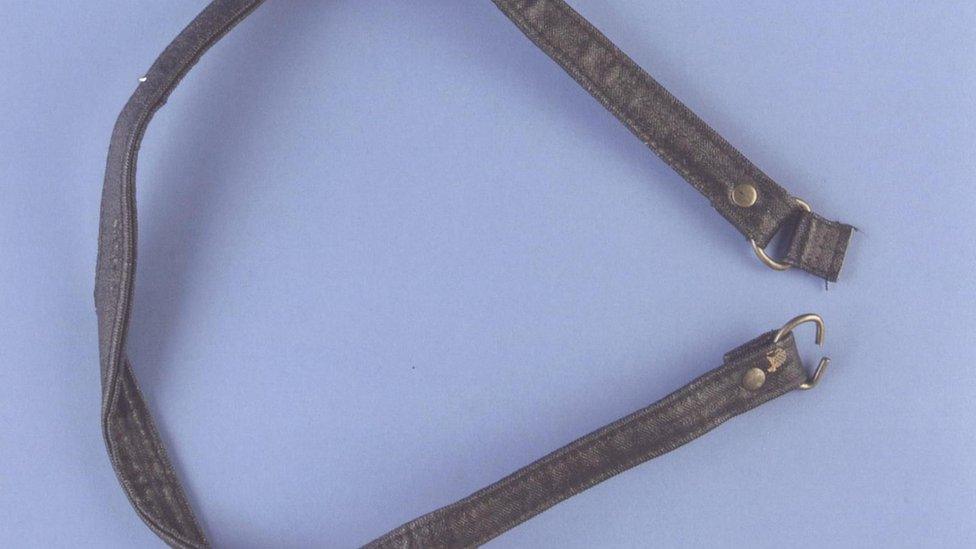

April 2018 - Investigation 'unlikely to progress'
The Met says the investigation into Stephen's murder is "unlikely to progress" without new information.
Doreen Lawrence tells the Daily Mail she believes detectives have run out of lines of inquiry and calls on them to "be honest" about the likelihood that anyone else will be convicted over his murder.
Neville Lawrence tells BBC News he would accept the inquiry being scaled back but believed it should not be completely closed.
Dr Lawrence adds he remains hopeful that, with the publicity around the 25th anniversary of his son's death and a BBC documentary, Stephen: The Murder That Changed A Nation, someone would come forward.
- Published4 January 2012
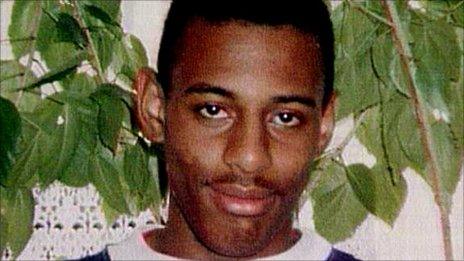
- Published11 April 2018
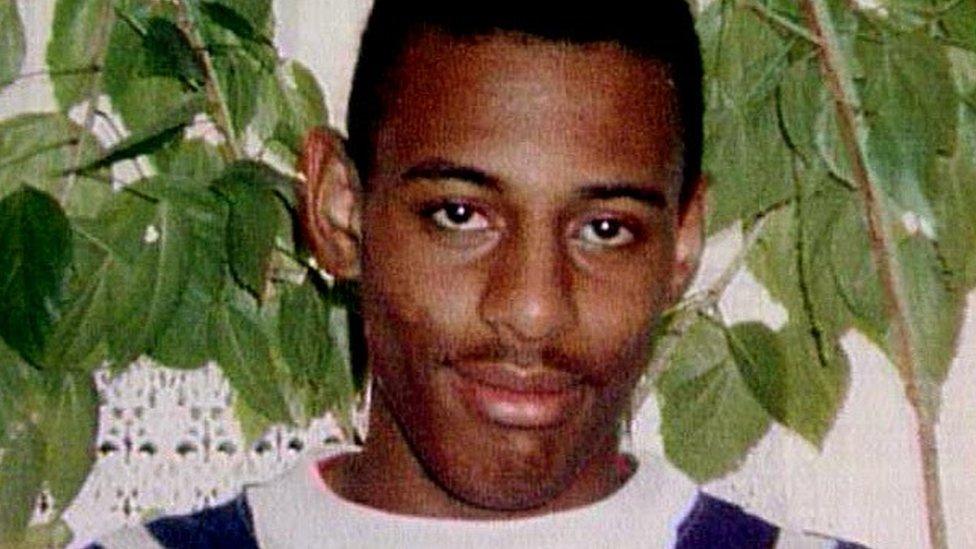
- Published6 March 2014
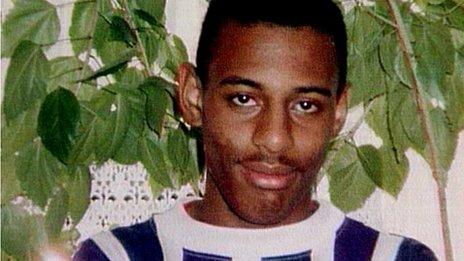
- Published6 March 2014